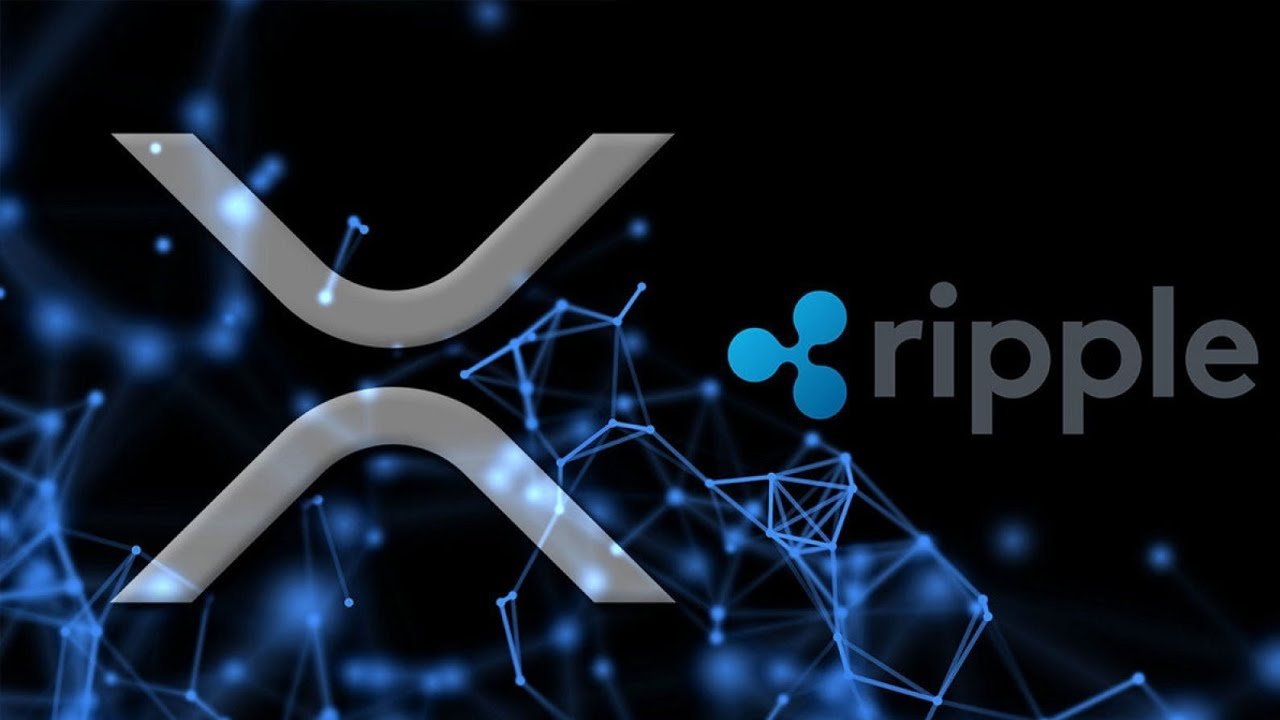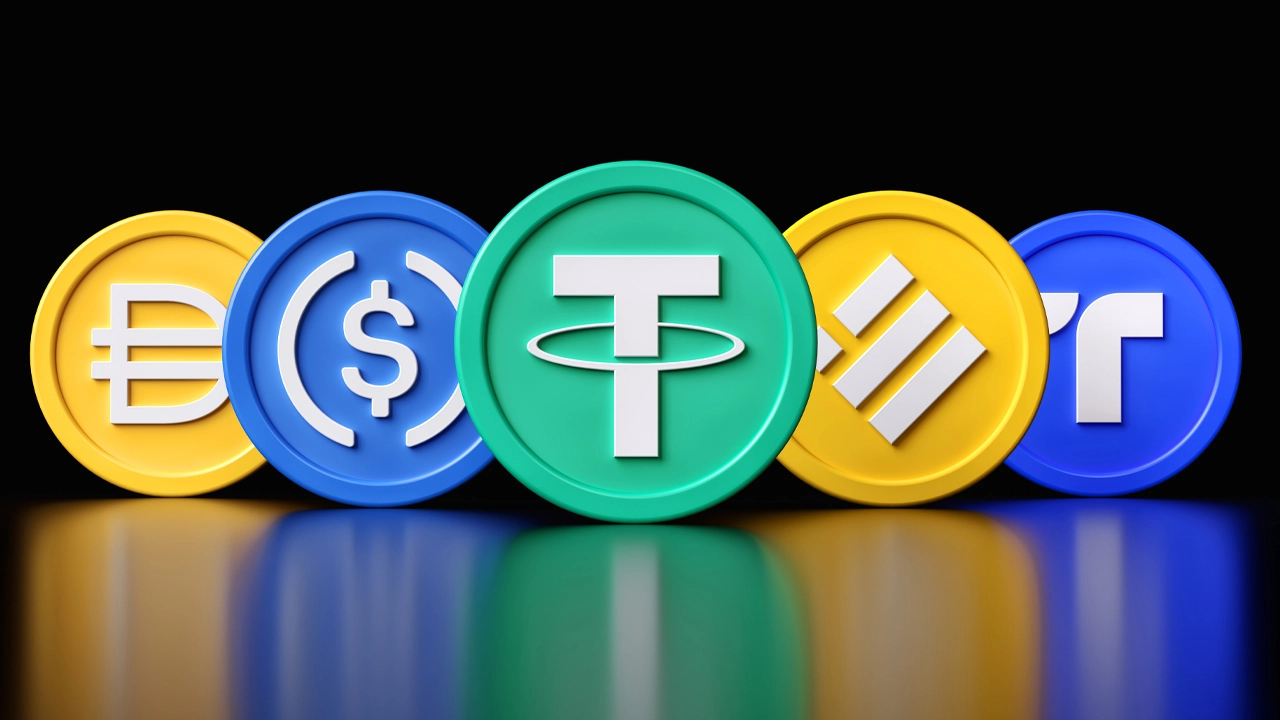The realm of Cryptocurrencies is not new in terms of audacious forecasts, extreme swings, and seismic changes that frequently make news worldwide. One such headline lately attracted notice when a well-known attorney cautioned that Ripple’s possible purchase of a major participant in the stablecoin market, Circle, could set off a “crypto apocalypse.” Although this sentence sounds apocalyptic and dramatic, it begs relevant issues regarding the future of the bitcoin market, the control of digital assets, and the predominance of centralized entities inside distributed networks.
Blockchain Innovation: Ripple’s XRP and Circle’s USDC
Blockchain technology used in ripple is well-known for driving XRP, their native currency. The company’s goals have mostly been developing quicker, more effective cross-border payment methods. Ripple has had a big influence in the bitcoin market by offering solutions that let financial companies transmit money worldwide at a fraction of the time and expense of conventional banking systems.

Circle has become a pioneer in the distribution of stablecoins meanwhile, especially USD Coin (USDC), which is connected to the American currency. Being a stablecoin, USDC has been rather popular especially in the DeFi (decentralized finance) market since its stability is essential for enabling transactions free from the usual high volatility connected with cryptocurrencies like Bitcoin or Ethereum. Working closely with authorities and other financial institutions to guarantee the stability and legality of its product, Circle has positioned itself as a respected and compliant USDC issuer.
Ripple’s Potential Acquisition of Circle: Implications for Crypto
Although there have not been any formal statements about Ripple’s purchase of Circle, suspicions and rumors have been running for some time. Ripple’s blockchain architecture and Circle’s stablecoin features taken together might hypothetically provide a strong influence in the bitcoin market. With Ripple’s acquisition of Circle, the business would be able to include USDC into its larger payments network, so offering maybe an even more complete answer for institutional adoption of stablecoins, remittances, and cross-border transactions.
Given Circle’s close relationships to the U.S. government and regulatory agencies, this merger or purchase might potentially indicate a more general acceptance of cryptocurrencies, particularly in areas where legislative frameworks are starting to develop. But this same integration might also open the path for further centralization in the crypto industry, which would result in the worries voiced by analysts and lawyers.
Concerns Over Centralization in Cryptocurrency Ecosystems
The attorney’s warning that Ripple’s purchase of Circle would lead to a “crypto apocalypse” addresses worries about the growing centralizing of power in the bitcoin space. The decentralization of cryptocurrencies such as Bitcoin and Ethereum is among their basic ideas. These networks are made to run without a central authority, therefore empowering people and offering a degree of financial sovereignty usually lacking in conventional banking systems. The emergence of distributed finance (DeFi) has strengthened this concept even more by generating an open and permissionless financial ecosystem.
The decentralization could be undermined, though, by including strong companies like Ripple and Circle into the same system. A ripple-circle purchase can cause a few corporate entities to consolidate important power under their control. Combining Circle’s leadership in the stablecoin market with Ripple’s current links with banks and financial institutions, this merger might let a tiny group of corporate players control the flow of digital assets, therefore compromising the basic values of cryptocurrencies.
Risks of Centralized Control in Stablecoin-Dependent DeFi Systems
Many DeFi apps, exchanges, and payment systems depend on stablecoins like as USDC to run as they should. They provide the steadiness that lets consumers escape the volatility of Bitcoin or Ethereum, therefore bridging the gap between conventional fiat currencies and the realm of cryptocurrencies. On the other hand, should the industry grow unduly dependent on a small number of centralized companies, such Ripple and Circle, the whole crypto ecosystem may have one point of failure.
Should Ripple oversee both the infrastructure of the blockchain and a dominant stablecoin like USDC, it may have undue control over the availability and price of digital assets. This might lead to major problems including possible monopolistic practices, regulatory capture, and price control. Under the worst-case scenario, Ripple might use this control to skew the market in its advantage, therefore compromising the fundamental ideas of open-source and permissionless innovation that many investors and developers value.
Government Regulation and Legal Challenges in the Bitcoin Market
The growing participation of authorities in the Bitcoin Price scene is another important element causing the ‘crypto apocalypse’ worries. Governments all around, especially in the United States, are increasing their examination of digital resources. This raises questions about whether a Ripple-Circle purchase would produce a more highly controlled market with centralized entities like Ripple serving as gatekeepers for the digital economy.
With the U.S. Securities and Exchange Commission (SEC), which charges Ripple of selling unregistered securities via XRP, the company has already been in legal hot water. Though the matter is still under dispute, the lawsuit has elevated regulatory compliance to the front of the bitcoin debate.
Centralization of Stablecoin Power: Potential Market Risks
Although the concept of a crypto apocalypse seems extreme, the combination of two major businesses like Ripple and Circle may surely bring some degree of market volatility. New hazards could surface when power and influence over the stablecoin market becomes centralized. The resultant institution could be able to affect government policies, trade flows, and world financial markets in hitherto unheard-of degrees.
Final thoughts
The concept of Ripple acquiring Circle has major ramifications for the future of the bitcoin market, and the warnings from legal experts about a “crypto apocalypse” highlight the need of evaluating the centralizing hazards and legislative difficulties that might develop. Although the mix of Circle’s stablecoins with Ripple’s blockchain technology could produce a more compliant and efficient system for worldwide payments, it also begs questions about market manipulation, monopolistic practices, and the declining decentralization.


